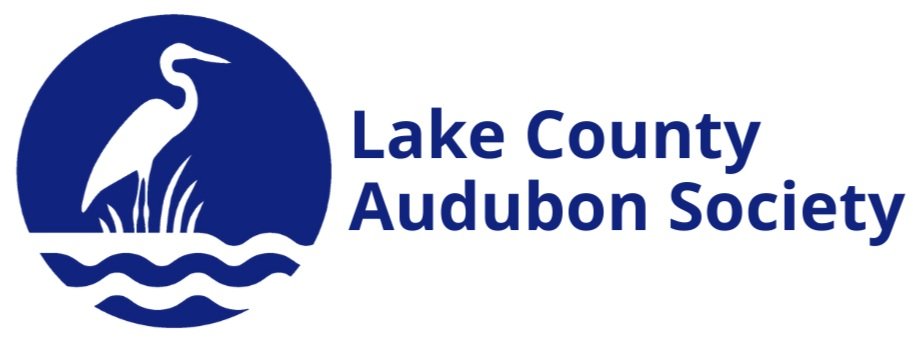Great Lakes Piping Plovers
‘Blaze’ Photo by Nat Carmichael
The Great Lakes piping plover (Charadrius melodus) is a small migratory shorebird that breeds on beaches in the Great Lakes region from mid April to early August. It lays four eggs in a small depression in dry sand and cobble. The eggs are incubated by both the male and female birds for about a month. The chicks grow quickly and are able to fly in less than four weeks. The birds begin their southern migration in July and all birds have left the Great Lakes area by September. Great Lakes piping plovers spend the winter along the Atlantic and Gulf coasts from North Carolina to Texas. A few birds venture further south into Mexico and even South America.
The Great Lakes population has ranged from 50 pairs to 81 in 2024 but it is still small enough to be vulnerable to shoreline development, public recreation, predators, human disturbance and extreme weather events. The Great Lakes piping plover population was listed as endangered under the U.S> Endangered Species Act in 1986.
What can you do to protect Piping Plovers?
Help keep piping plovers safe by following these tips when you are on the beach.
Stay away from nest enclosures and posted piping plover breeding areas. When nest sites are observed walk along the wet sand close to the water's edge.
Always keep dogs leashed if dogs are allowed on the beach. Roaming pets can chase and disturb nesting plovers resulting in nest abandonment. All public beaches have leash laws and these will be enforced.
Pack out your food waste and garbage to avoid attracting predators and scavengers that will endanger piping plover adults, chicks and eggs
Do not operate vehicles on beaches with nesting piping plovers. Vehicles can disturb piping plovers, destroy nests and damage beach and dune habitat.
Report the location of piping plovers to Illinois Department of Natural Resources (IDNR) Endangered Species Specialist at 630-399-3242 or email Great Lakes Piping Plover at GLPIPLDATA@gmail.com
Leave driftwood and algae on the beaches. Piping plovers and their chicks find food in algae and use driftwood for protection from predators and as shelter.
Report people or pets disturbing piping plovers or their nests to the U.S. Fish and Wildlife Service or IDNR.
Come to a Sharing Our Shore - Waukegan event and learn more about what you can do to help protect piping plovers at your beaches.
Become a Plover Pal! Pledge to protect the plovers and their habitat.
Piping plovers are protected: under the Endangered Species Act and Migratory Bird Treaty Act.
Violations: can include:
Disturbing the nest: Approaching too close, walking on the nest, or disturbing the eggs/chicks.
Vandalism: Intentionally damaging or destroying the nest.
Take: Taking or killing the bird or its eggs.
Federal law protects: the piping plover, and violations can lead to penalties.
To report a piping plover nest violation to the USFWS, you can email lawenforcement@fws.gov with details about the violation, including the location, date, and time it occurred, along with what you witnessed, according to the FWS. You can also report it through the Wildlife Crime Tips form on the USFWS website.




